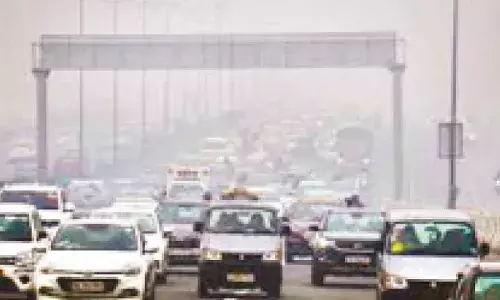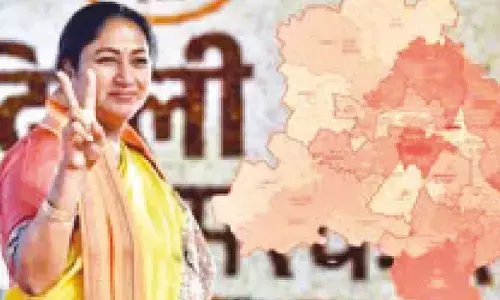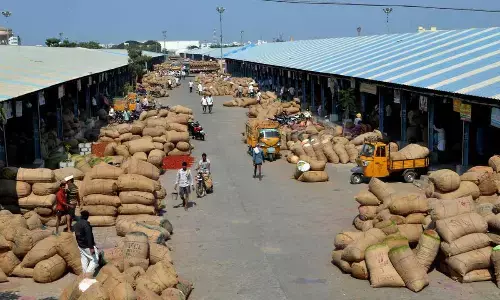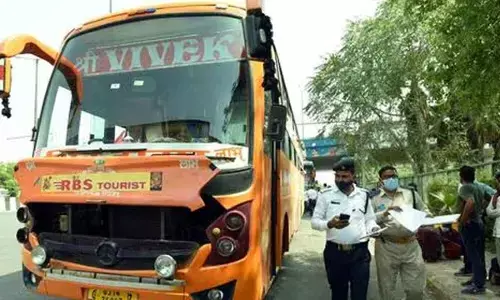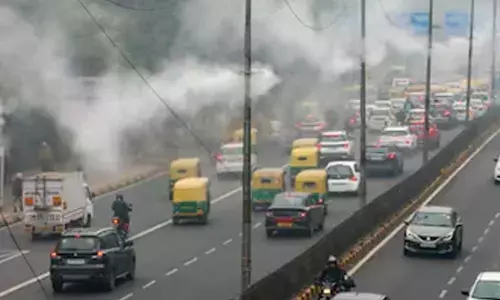Government should protect rights of passengers, resolve transport strike: NGO
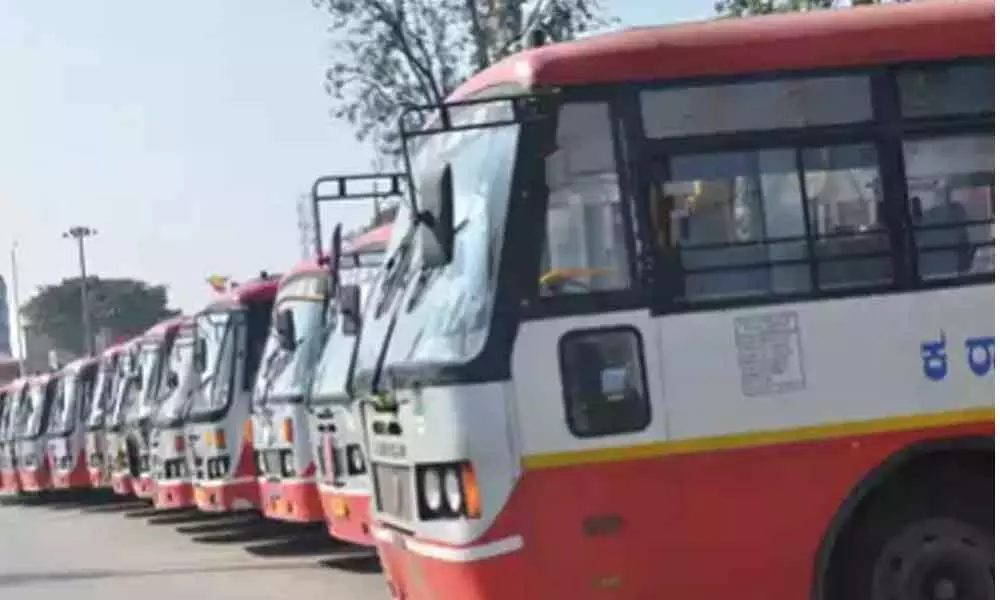
Government should protect rights of passengers, resolve transport strike: NGO
As the transport strike entered the third day on Sunday, Bengaluru Bus Prayanikara Vedike (BBPV), an NGO that bats for the rights of the bus passengers stated that the government should address the demands of the workers as for the first time in many years the strike paralysed bus services across the State.
Bengaluru: As the transport strike entered the third day on Sunday, Bengaluru Bus Prayanikara Vedike (BBPV), an NGO that bats for the rights of the bus passengers stated that the government should address the demands of the workers as for the first time in many years the strike paralysed bus services across the State.
"People travel for education, livelihood, health and other basic needs which are also fundamental rights. Availability of affordable transport enables people to meet these basic needs and fulfill their rights. This is especially true of the working class and middle class. Transport workers are the bedrock of this important public service and yet they have been side-lined over the past many years," the NGO added.
Explaining the issue, a member of BBPV, Vinay Sreenivasa said, "The sole demand of the workers who called for a strike is that they be recognised as
government employees. However, based on our work over the last many years, we believe that the anger is also because of several structural issues in the road transport corporations (RTCs). During the pandemic, they operated buses at great personal risk. Yet they had to struggle
to get their salaries on time. Workers' unions also allege that those who lost their lives due to Covid were not even compensated. This situation has arisen because the salaries of transport workers in Karnataka are paid from the revenues of the transport corporations."
With low ridership during the pandemic, transport corporations are facing revenue losses and do not have adequate resources to pay salaries.
The State government did step in and provide additional grants to the corporations to pay salaries during the lockdown and subsequent months. However, salary payments had been delayed multiple times during these months including the important festival season of Deepavali. While this issue of payment of salaries and benefits to transport employees may seem like an outcome of the current economic crisis, Sreenivasa says this is really not the case.
"It's not new that corporations have delayed salary payments, workers' insurance premiums and PF due to lack of funds. There are other issues like workers being penalised for not having enough commuters (and not meeting revenue target), lack of restrooms for women workers, sexual harassment being faced by women conductors and outdated schedules etc," Sreenivasa said.
The NGO stated that despite serving an important public need, these corporations receive very little public investment from the State and Central governments and they are forced to support their costs including staff salaries, from their own revenues.
"It's well known from experiences within and outside the country that public transport can never be a profit making enterprise. Under the current institutional arrangement, due to revenue considerations, transport corporations are regularly constrained in not only adequately addressing issues of employee and working conditions, but also in providing adequate coverage and services to underserved areas. This situation undermines both staff welfare and wellbeing as well as quality and availability of service to commuters," BBPV said.
The NGO requested the workers that if the issue is not resolved they should explore creative ways of continuing the strike which do not harm commuters. "Some commuters, for instance, have suggested that workers run the buses and ferry commuters, but do not collect the ticket charges as a mark of their protest. We ask workers to explore alternative modes of protest because many of the poor and marginalised depend on buses to go to work and their livelihood and other critical needs are being affected. Public transport is the only option for many of them who struggle for their daily living," it appealed.
Shaheen Shasa,a member of BBPV said that resorting to authoritarian measures like ESMA will only worsen the situation.
"For the benefit of the workers and the commuters and the RTCs, the situation must be resolved amicably by the government. Considering the critical role that transport plays, it's high time that the government review the financial model for public transport corporations and consider providing significant public investment to strengthen RTCs and enable them to provide better quality of services to commuters as well as address the welfare and demands of their employees. A democratic process must be adopted to address these issues. A joint legislative committee or a tripartite committee of workers, RTCs and State government should be set up to look into the comprehensive issues including the workers' demands and their welfare with a view to strengthening RTCs and improving the accessibility and availability of the public service for the benefit of common people," she said.








